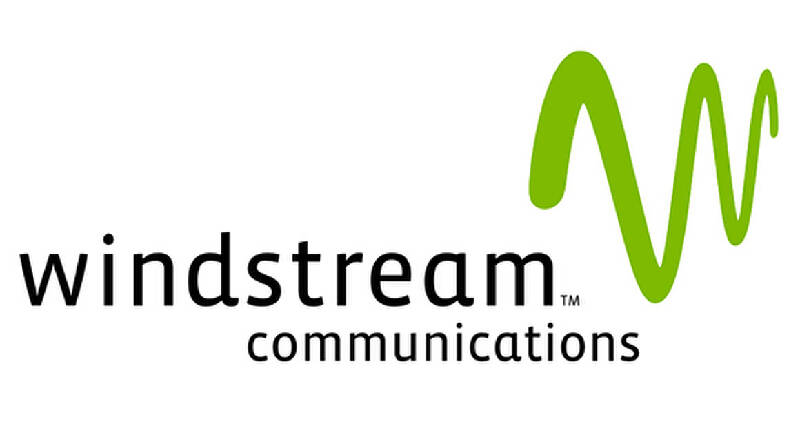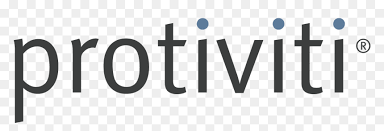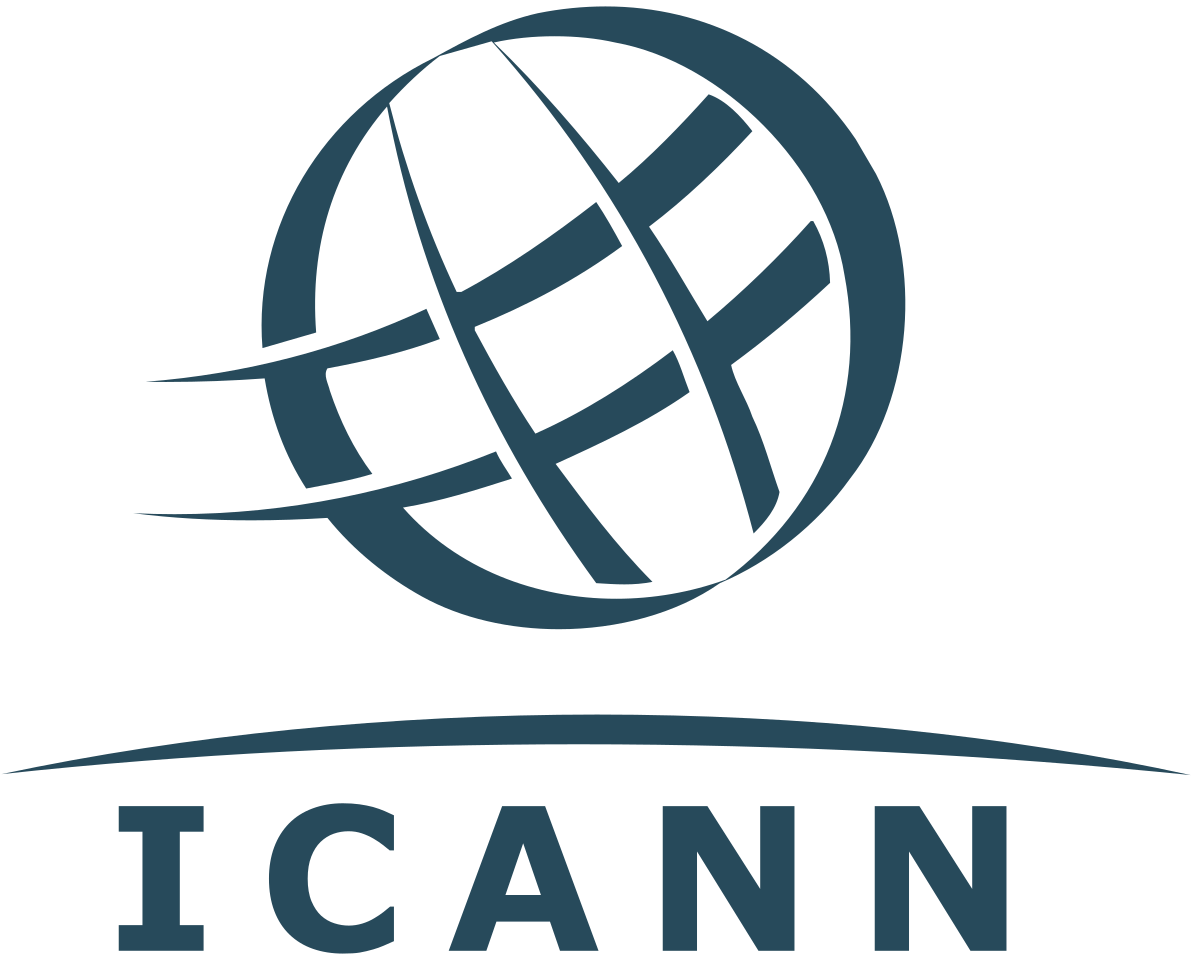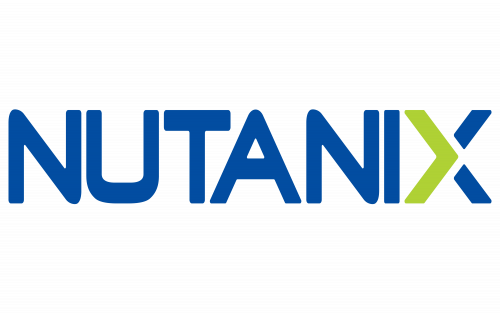

 Classes?
Classes? These are remote instructor-led courses designed for professionals seeking to undergo continuous improvement either to become proficient in their jobs or to seek better opportunities. You can complete a full curriculum in just 4 days.
These training are perfect for working professionals whom their employers are kind enough to allow them dedicate 4 full days to training. In these short immersive classes, you stay focused and learn all you can. These training are teh instructor's favorite so you will gain the best.
Become a Certified Kubernetes Administrator (CKA) in just 4 weeks working only 4 hours on Saturday and 4 hours on Sunday. The CKA exam is performance based meaning that you only get to perform hand-on activities in the exam. Our training is structured to enable you get lots of hands-on activities. We will take you through mock exams that will help prepare you for the exam. You will be taught by a CKA instructor who has several years of expereince working with Kubernetes and the cloudnative tools.
You can have access to CKA curriculum here but below is the schedule of training.
Become a Certified Kubernetes Security Specialist (CKS) in just 4 weeks working only 4 hours on Saturday and 4 hours on Sunday. The CKS exam is performance based meaning that you only get to perform hand-on activities in the exam. Our training is structured to enable you get lots of hands-on activities. We will take you through mock exams that will help prepare you for the exam. You will be taught by a CKS instructor who has several years of expereince working with Kubernetes and the cloudnative tools.
You can have access to CKS curriculum here but below is the schedule of training.



















 Training
TrainingOur student success stories speak for themselves. If you are willing to learn, we are here for you. Our instructors have several years of professional experience working for best organizations so they know what you need to land your tech job.






You don't have to struggle alone, you've got our assistance and help.
Students Enrolled
Total Courses
Online Learners
Followers
